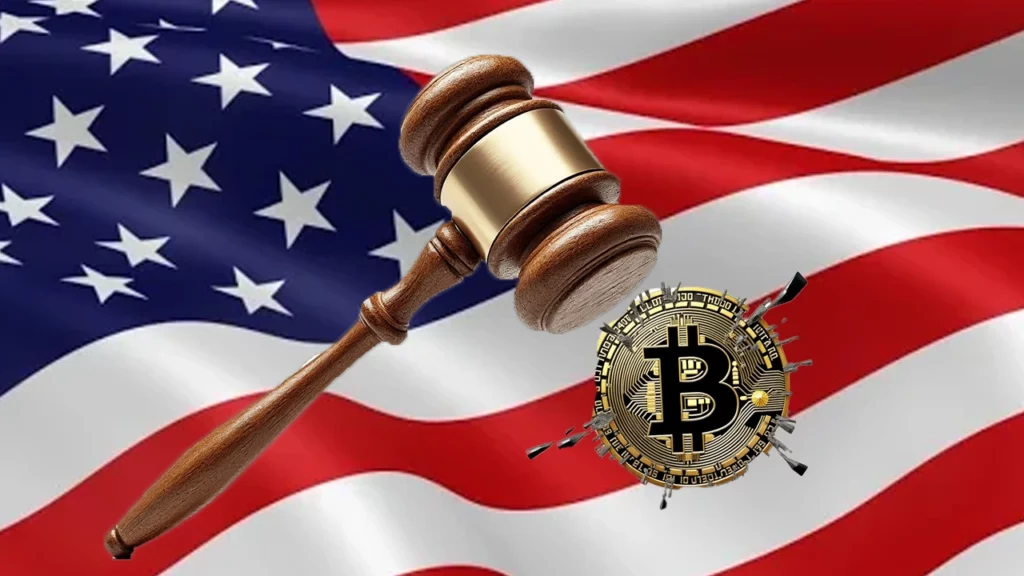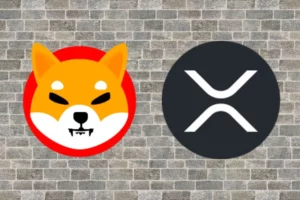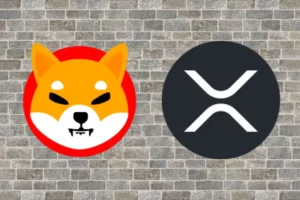
Does the Federal Reserve Have The Power To Block The Bitcoin Reserve Plan?
Recently, Jerome Powell, Chair of the Federal Reserve, has made it clear that the Fed has no intention of being involved in any government plan to accumulate Bitcoin. Additionally, he emphasized that matters such as these fall under the jurisdiction of Congress and that the Fed will not seek a change in existing laws to allow for Bitcoin holdings.
However, the question remains whether the Federal Reserve can indeed block a Bitcoin reserve plan. The answer lies in understanding the powers and limitations of both the Federal Reserve and the U.S. Treasury Department in relation to Bitcoin.
To begin with, it is important to recognize that the Congress has the highest authority in the financial system, responsible for enacting regulations and authorizing agencies like the SEC and Federal Reserve to perform their functions. This implies that the Fed does not have a “veto power” over the decision to establish a Bitcoin Strategic Reserve.
If the Trump administration wishes to quickly move forward with implementing a Bitcoin reserve plan, it could take the path of involving the Treasury Department instead of the Federal Reserve. In this scenario, the Treasury Department would need congressional approval to proceed with any such actions.
The possibility of the Federal Reserve purchasing Bitcoin through open market operations and adding it to their balance sheet has also been proposed. However, given the Federal Reserve’s recent statements on the matter, this approach seems unlikely at present.
On a more positive note, even if the Fed’s stance is cautious, the Trump administration’s actions have shown support for the proposal of establishing a Bitcoin reserve plan.
Source: coinpedia.org


